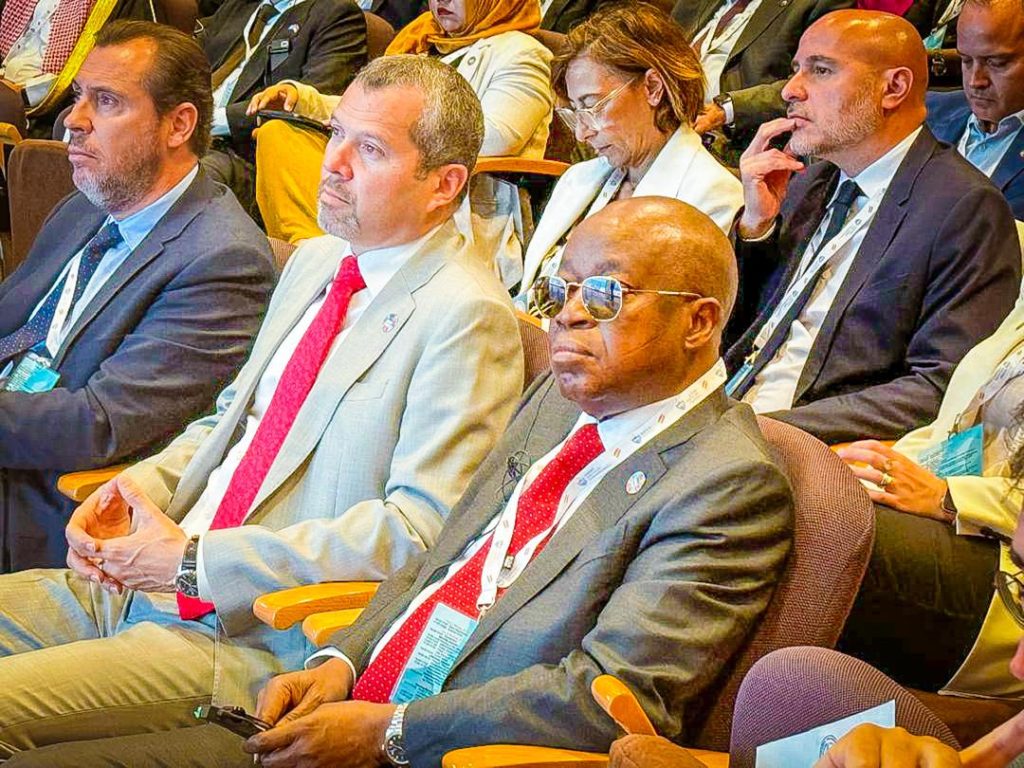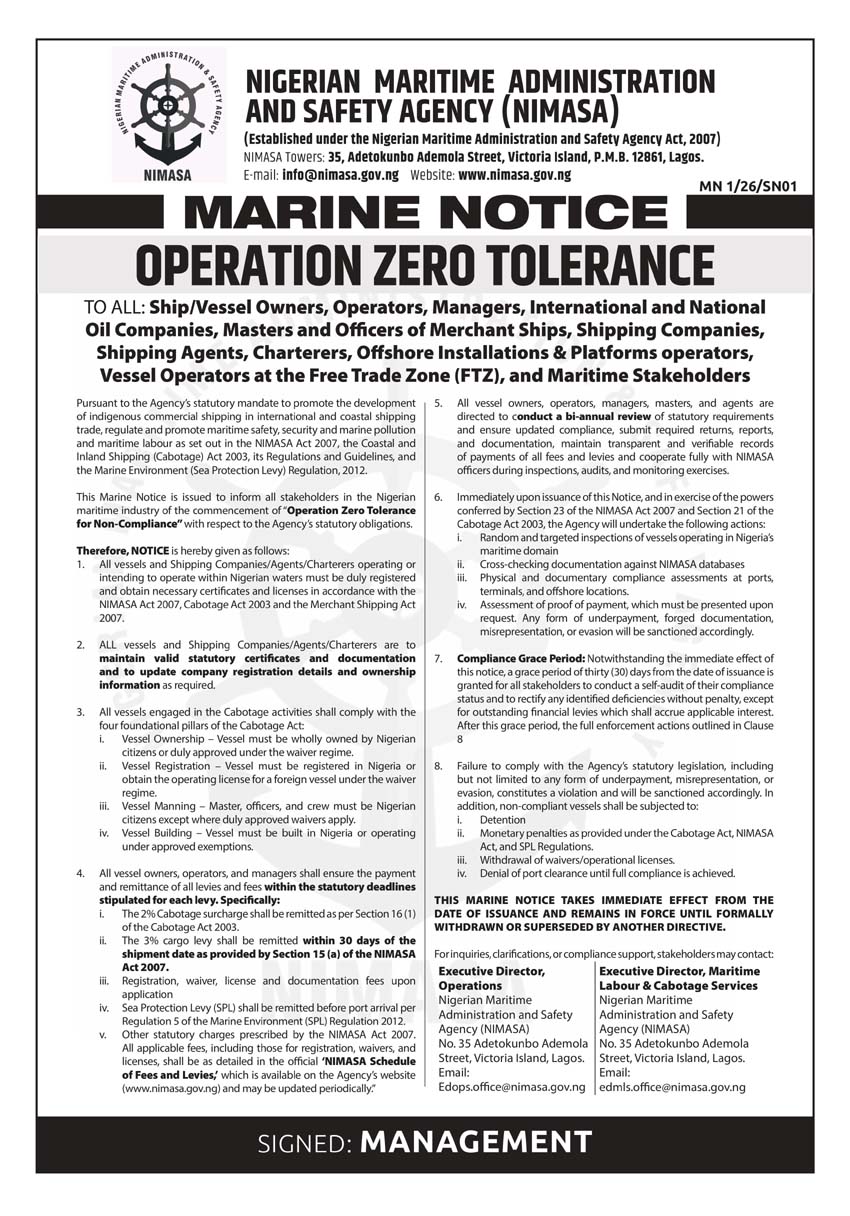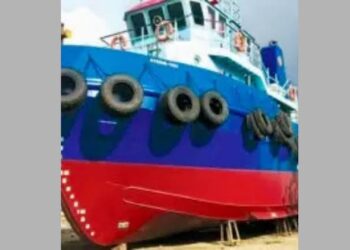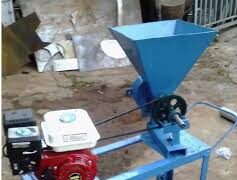
Nigeria has been a member of the global maritime body; the International Maritime Organisation (IMO) for decades.
In 2007, she made her first successful move to sit on in Category ‘C’ of the IMO Council. While seeking election in that year, Nigeria had tough challenges from virtually all countries in West Africa. It was at the peak of the lobby that Nigeria struck a deal with Ghana.
In 2011, that is, exactly four years after securing the seat and after serving two terms, Nigeria failed to secure re-election into the council.
Since then, Nigeria has lost out in her quests to be re-elected into the Council. But recently, the Director General of the Nigerian Maritime Administration and Safety Agency (NIMASA); Dr Dayo Mobereola hinted that Nigeria would once again throw her hat into the ring at the coming elections into Category ‘C’ of the IMO.
In matter of weeks, the International Maritime Organisation Council elections will hold in London, and Nigeria will attempt a return to the council she exited many years ago.
The IMO Category ‘C’ is a group of 20 states that are elected to the International Maritime Organization Council based on their special interests in maritime transport or navigation. The election of these states ensures that all major geographic areas of the world are represented on the Council.
The last time Nigeria contested, the then-Director General of NIMASA; Dr. Bashir Jamoh threw up what he considered as the nation’s unique selling points.
According to him, the unique selling point for Nigeria’s bid is the supposed safe water channels of Nigeria and the Gulf of Guinea. He had said before an international gathering in Portugal that: “We ask for your vote and count on your continued confidence in the efforts of Nigeria to work in partnership with other nation-states in the Gulf of Guinea, to continue keeping our corridor of the Atlantic Ocean a safe passage for seafarers, their vessels and the vital supplies they transport for our common sustenance.”
Perhaps, as Nigeria gears-up, it may be useful to recall how and why we lost in 2011. The then-Director General, Nigerian Maritime Administration and Safety Agency (NIMASA); Dr Ade Dosumu gave an insight into why we lost in 2011. “We have an agreement with Ghana. I was the chairman of the technical committee on Nigeria’s re-election and I led the delegation to Ghana. Our agreement with Ghana is that Nigeria would go to category ‘C’ and spend four years and move to ‘B’, because Ghana says they will only step down for Nigeria for two terms after which they want to come to ‘C’ and expect Nigeria to move to ‘B’ and support Ghana. These are major issues in international politics. Four years is enough for us to bring our safety administration to a higher level that will be acceptable internationally”.
In our desperation to clinch the IMO seat, our delegation promised exactly what Dr Dosumu stated above, and just two years after, Nigeria reneged on the agreement she had with Ghana, which many West African countries were aware of.
Unknown to many, we didn’t lose because we were not qualified to be in the Council, our loss was not because we didn’t campaign well. We were qualified and we campaigned well, we even hosted Ambassadors to a dinner, we did all that we should.
Nigeria lost to politics; we lost because we became ‘greedy’ and assumed that we must grab all; we also lost because of unfulfilled promises, we lost because we did not qualify to be called a maritime nation going by simple parameters such as capacity building, maritime trade, maritime safety and security, among others.
Without any prejudice, there is a lot of political maneuvering going on ahead of the elections. While one may not be privy to how deeply NIMASA under Dr Mobereola understands the game, it may not be out of place to take a cue from what Dr Dosunmu highlighted above.
The IMO election is about giving and taking; that is, you must offer something to get what you want.
We recall how the feud in the sub-regional bloc called the Maritime Organization for West and Central Africa (MOWCA), over which country should produce the secretary of the body.
With 23 countries as members in the West and Central African region and two other countries affiliated to it from outside the regions, MOWCA boasts of 25-member countries with a strong contingent of 14 French-speaking countries in its ranks. The 14 French-speaking members of MOWCA include Benin, Burkina Faso, Cameroon, Central African Republic, Chad, Congo-Brazzaville, Cote d’Ivoire, Gabon, Guinea, Mali, Mauritania, Niger, Senegal, and Togo. For the English-speaking countries, a paltry five: The Gambia, Ghana, Liberia, Nigeria and Sierra Leone top up the number to 19. Three Portuguese speaking countries from the West and Central African region, Cabo Verde, Guinea-Bissau and Sao Tome & Principe, with two affiliated countries from outside the region, Mozambique and Angola take the membership haul to 24; while Equatorial Guinea, a Spanish-speaking country completes the membership list to 25.
At the end of the protracted feud, Nigeria eventually produced Dr Paul Adalikwu.
The election of nations into Category C of the IMO ensures that all major geographic areas of the world are represented on the Council.
Perhaps, with the exception of Morocco all the African countries that have defeated Nigeria are better maritime nations than Nigeria. After all, it is to these countries that our youths run to for training and certification as seafarers under the National Seafarers Development Programme (NSDP).
Liberia, Kenya, South Africa and Egypt have always contended with Nigeria. We recall that, Nigeria lost the bid in 2011 because Liberia outrightly worked against her.
As Nigeria aspires once again, perhaps the question to ask is: Did we effectively use the two terms we served in the Council to advance the cause of Nigerian maritime industry and its stakeholders; especially, seafarers and ship owners.
Sadly, the answer is No. As it was prior to 2009, indigenous ownership of ships still remains a tall dream, while provision of shipping services is nothing to write home about. Added to this is the fact that we haven’t done quite well as a maritime nation, sufficiently with credentials that we can flaunt in the quest for the Council seat in December.
Can Nigeria say that her previous two terms of four years were well-utilised, can she say that her membership of the IMO Council has drawn benefits to the country. As elitist and status-boosting as the membership of the IMO Council is, are there no better things that ought to pre-occupy NIMASA and Nigeria, than running after the seat?
We think the DG of NIMASA, being still new in office may not adequately understand the dynamics and politics and diplomacy of the IMO Council elections.
Finally, may we ask if Nigeria needs to be in the Council of the IMO to make her waters safe for navigation; certainly, she doesn’t need it to also ensure that indigenous ship owners enjoy a better deal. What about thousands of jobless cadets that have been produced through the NSDP and the Maritime Academy of Nigeria. The list of what NIMASA should prioritize is not that long, but it only requires a lot more determination and political will to make the difference.














